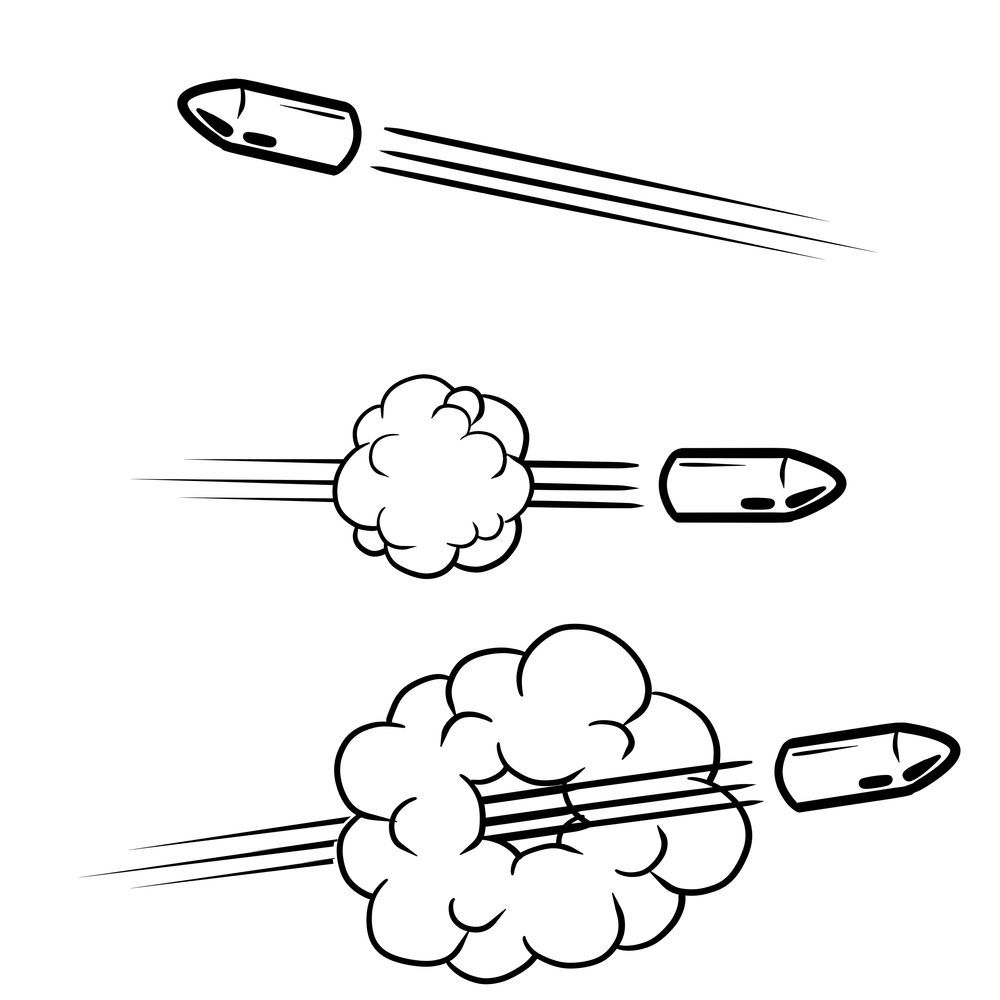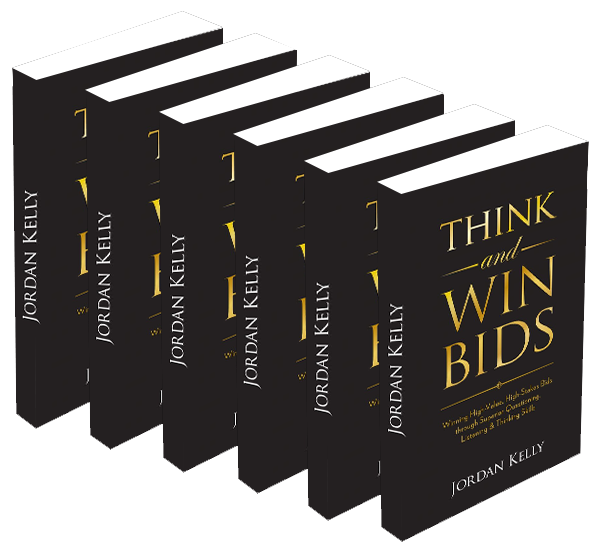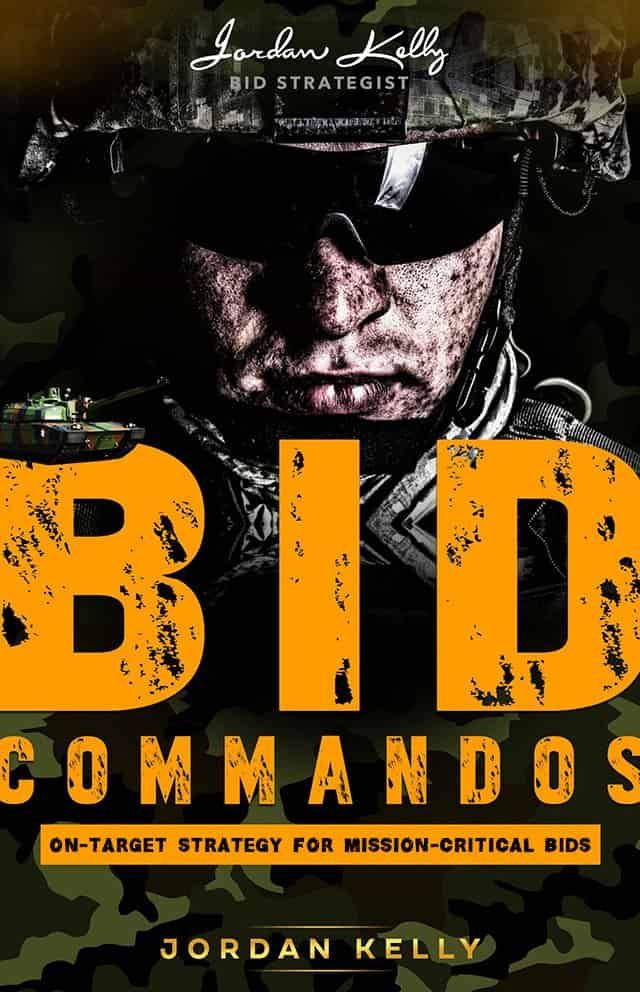CATEGORIES:

Many operatives in the bidding and tendering space bang on about "win themes" and "silver bullets".
Let’s get clear on something important, over which there has long been confusion:
A “win theme” is not something a bid team sits around, chews the fat over, and “comes up with” (which isn’t to say that that’s not what many think it is).
What it is, is a core, success-critical competitive strength or advantage that is identified through careful and thorough research (including that which is conducted long before the tender call documentation is released).
If a proponent’s research is sufficiently thorough, the true win theme (or themes) will be uncovered naturally in the course of that research (and the associated competitive analysis) process.
A real “win theme” will, in a sense, “identify itself”.
By way of example, I refuse to work with the outputs of external facilitators who produce a bundle of flip-chart sheets containing skeletal “mind maps”, barely-connected bullet points, flow charts, and other squiggles encircling the latest trendy terminology, complementing this with a few pages of captured conversation and passing off the result as a “bid strategy”.
Yet, believing the contents of this form of “workshop” will magically produce winning submissions, this is close to the standard procedure for many bidders. That is, they look outside of their own walls to some consultant’s generic template, as opposed to looking within and conducting their own genuine, deep-thinking processes – thinking processes which could, done right, win bids reliably and consistently.
Others simply leap into the writing part of the exercise without any form of strategy.
It’s no wonder 99 percent of organisations produce 99 percent sheer “brochureware” (as I call it) in response to an Expression of Interest (EOI), Request for Proposal (RFP) or Request for Tender (RFT).
One Piece of Flawed Thinking that Crops Up Almost Every Time
One of the many symptoms of this flawed process is the resultant confusion between strategy and tactics.
More specifically, it’s the result of coming up with great “ideas” without the benefit of thorough research and a well-formulated underlying competitive strategy.
“Strategy” and “tactics” are not interchangeable terms. And they’re certainly not interchangeable concepts:
Strategy informs tactics. Two different things. Two different functions. Two different processes.
A basic, high-level definition of "strategy" might be: A way to get from a current "state" to a specific desired end-state. Between this current state and the desired state may be any degree of gap; it doesn’t matter.
"Tactics", then, are the components of the plan designed to achieve the overarching strategy.
Taking this singular example highlights the folly in sitting around trying to “come up with” “good ideas” for “what we can say” in a submission.
BID COMMANDOS
On-Target Strategy for Mission-Critical Bids
(Training Program)
BID COMMANDOS is my "blockbuster", comprehensive, 11-module training program.
It's intricately formulated to ensure your team excels at every stage of a formal bidding process . . . from the initial bid/no bid analysis, through research and intelligence-gathering, through the strategy development and documentation process, through strategic and compelling writing and competent editing, and on through the shortlistee presentation stage, right through to optimisation of client de-briefing session/s.
THINK AND WIN BIDS
Winning High-Value, High-Stakes Bids through Superior Questioning, Listening & Thinking Skills

(Book)
The three fundamental skills of a genuinely sharp, sustainably successful bid professional are the ability to think, listen and ask quality questions.
Furthermore, formulating successful business development and bid strategies is the process of well-directed research and thinking; not the product of tools and templates.
Ideal to ensure all members of the bid team are, philosophically, on the same page, Think and Win Bids is also offered as a six-pack (6 books for the price of 5).



